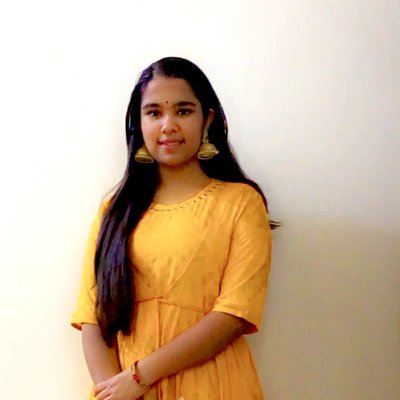Incredible India

4th June 2020

My name is Sukirt Kaur and today I’m going to talk about my country India, incredible India! Yes, indeed it is incredible and yes, I’m extremely proud of it. India is a nation that is vibrant with the dream of its people and today I would like to take you on a walk through this amazing country’s past, present and future.
India has guided the way for the world for hundreds and thousands of years. Sanskrit has acted as mother language to all modern languages. Countless examples are present to prove the aforementioned statement, for instance, the word ‘matr’ became 'mother' in English. Moving to the field of mathematics, once again the world owes us a big thank you. Aryabhatta, an Indian mathematician, discovered the number zero, Arabic numeral system and decimal system. Albert Einstein once very correctly said, "We owe a lot to the Indians, who taught us how to count, without which no worthwhile scientific discovery could have been made." After laying the foundation for mathematics and a diaspora of languages, ancient Indians triumphed in the field of science as well. The first open surgery was done in India, thousands of years before it was done in the modern world. In addition to that, the first-ever encyclopedia about medicine and surgical science was written in India in the 6th century BC. We were the first people to calculate the correct distance between the earth and the sun; we did it in the 16th century CE and we calculated the speed of light in the 14th century, once again becoming the first ones to do so.
Today, India is recognized as an emerging powerhouse by the world community. From a nation, known to the world as a country of snake charmers, to a front line developing nation, the image of our country has undergone a dramatic change. The pace leading to a full transformation is unbelievably fast and consistent and will lead to the desired goal. The key to the extraordinary resilience lies in India's stable and successful democratic institution. India, home to several religions and several hundred spoken languages, is a garland of many diverse communities woven together in a common thread of democracy. Unlike other European nations, whose unity is based on a common language and largely a common faith, India presents a picture of unity in diversity. In India unity in diversity is just not a saying, it’s a practice, where having a secular society isn’t just a dream of our founding fathers, but a ground reality. A simple example of this is the 2004 general elections, in which a woman of catholic origin was voted as the prime minister of the country, but she willingly left her seat for a Sikh gentleman to be sworn in as prime minister, by a Muslim president to govern a country of over 80% Hindus. Of course, it is incredible, isn’t it? India has emerged as a multicultural democracy and denying this would be as imbecilic as denying the presence of the Sun.
Thanks to economic reforms, India’s GDP is on a sustained growth path. India has become the fourth-largest economy in the world and one of the fastest-growing ones. It is said that India will soon become one of the leading superpowers of the world. There is ample evidence to support this. Poverty in India is reducing faster than ever thought, the tourism industry has seen a 15% growth just in recent times (USA and UK being the biggest contributors), and our film industry is the largest in the world. Over a thousand movies are produced every year. Bollywood’s highest-grossing film has encompassed a profit twenty-seven times that of Hollywood's highest-grossing film. Keeping Bollywood aloof, India’s IT industry is one of the biggest and most developed ones in the world. This also leads to the fact that Indians are entering the entrepreneurial picture as CEOs of multinational companies like Google and Microsoft. We also boast having the third largest pool of doctors, engineers and scientists in the entirety of the world. We are in the true sense the rulers of world markets, as we are the biggest manufacturers of two-wheeler automobiles, dairy products, wheat etcetera; the cheapest car was made in India costing just above $1500 and finally, we possess the second largest army in the world. However, despite all this, we Indians value our culture and heritage more than anything. That’s why today, even after being an extremely powerful nation, we fold our hands as I am doing at the end of this speech and say 'Namaste' when we greet anyone because we believe that we are neither superior nor inferior to anyone. The motherland is magical and no matter who you are you can find yourself here in incredible India!
Thank you.










